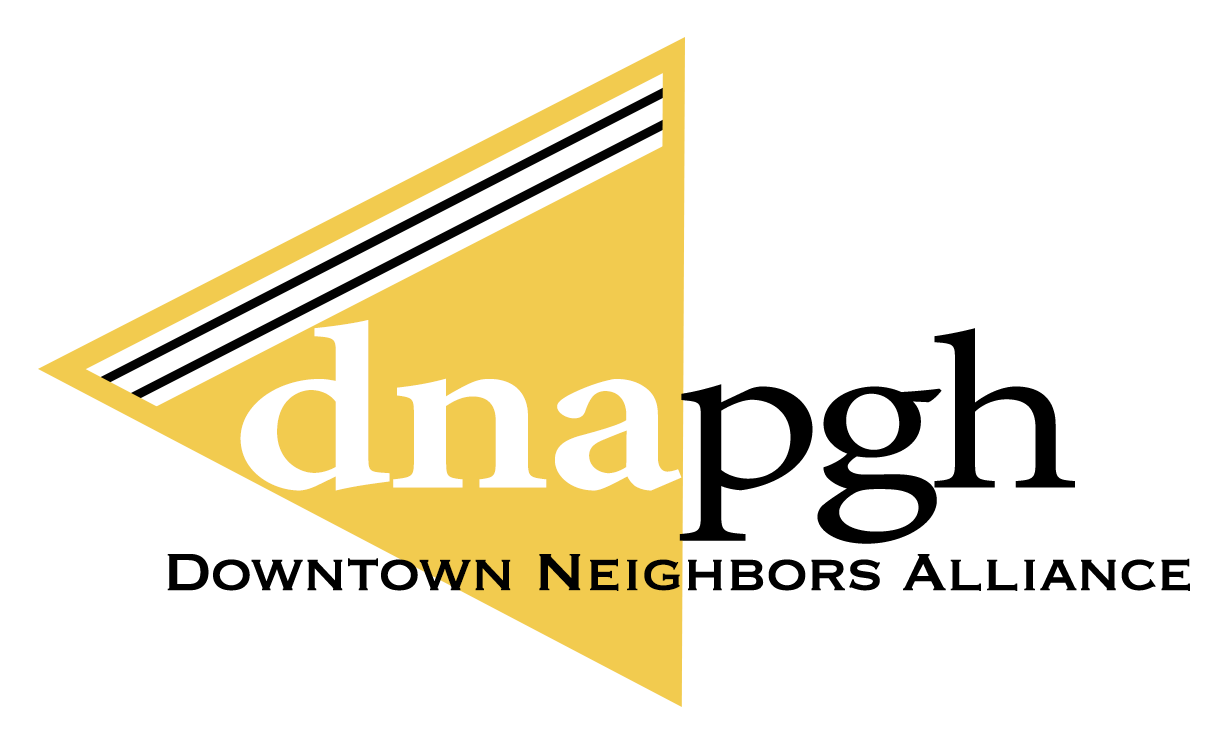How Lavender Book Club Uses Literature to Create a Safe Space for LGBTQIA+ Individuals
By Olivia Miller
Literature has power. It has the power to move us to tears, make our stomachs hurt with laughter and remind us that we are not alone even when it may seem like no one understands our situation. Most of all, literature has the power to build community through gatherings of like minded individuals in book clubs. One Pittsburgh based book club is harnessing this power to create a safe space for LGBTQ+ individuals.
Lavender Book Club was started in the early 2000s in Washington DC by Ray Sidney-Smith before spreading to New York City and Pittsburgh as he moved around the Northeast United States. He started the club after coming out and “[realizing] I knew nothing about [queer] culture.” He says that “books are near and dear to my heart” so he used his bibliophile roots as a way to teach others about LGBTQ+ history and culture through books written by a queer author or showcasing queer characters.
The club got its name from the light purple color’s role in LGBTQ+ history. Sidney-Smith says it has “always [been] a part of our culture and has deep meaning” with “origins [that] go back centuries.” The earliest instance dates back to the Holocaust where queer individuals were forced to don lavender badges to identify themselves. In the 1950s, paralleling the anti-Communist “red scare”, there was a so-called “lavender scare” where the government passed anti-LGBTQ+ legislation.
Now reclaiming a once oppressing symbol, the mission of Lavender Book Club is “to engage literary discussion amongst the LGBTQ+ community.” Sidney-Smith says an organization that “triggers readers to talk about societal and cultural issues and trends” is “missing in today’s day and age.” The group “[talks] about a lot of triggering topics” like mental health and transitioning which opens up the opportunity for conversations that let the members leave “with a sense of cathartic expression.” Sidney-Smith says it “touches my heart” to provide that safe space where no one will “judge or bat an eye.”
One of the most unique aspects of the organization is their book list. Rather than focusing on one genre, the group reads both fiction and nonfiction that “[touches] every color of the rainbow”. When crafting the book list for the year, Sidney-Smith assesses books using a set of criteria which includes whether they feature LGBTQ+ characters or were “externally validated for us” by being nominated for a literary award.
This month, the group is reading “Born Both: An Intersex Life”, a memoir by Hida Viloria. Later in the month, they will meet at the Pittsburgh Equality Center located in the First United Methodist Church on Centre Avenue to discuss the novel. There will also be a separate virtual book club meeting this month for those who cannot make it to the in-person meeting.
In August, the club will read “Hide”, a gay fiction novel by Matthre Griffin before tackling lesbian nonfiction book “The One You Want to Marry and Other Identities I’ve Had” by comedian Sophie Santos in September.
Beyond 2023, Sidney-Smith wants to “birth [Lavender Book Club] into a full fledged nonprofit.” He says “queer authors need support” and would like to expand the book club to offer these resources. He stresses the importance of “not just [consuming content] but [helping] the authors on the other side of it.”
To get involved with The Lavender Book Club, visit their website here.

